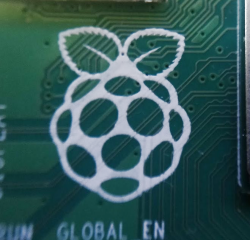Today marks exactly 15 years since Hackaday began featuring one Hack a Day, and we’ve haven’t missed a day since. Over 5,477 days we’ve published 34,057 articles, and the Hackaday community has logged 903,114 comments. It’s an amazing body of work from our writers and editors, a humbling level of involvement from our readers, and an absolutely incredible contribution to open hardware by the project creators who have shared details of their work and given us all something to talk about and to strive for.
What began as a blog is now a global virtual hackerspace. That first 105-word article has grown far beyond project features to include spectacular long-form original content. From our community of readers has grown Hackaday.io, launched in 2014 you’ll now find over 30,000 projects published by 350,000 members. The same year the Hackaday Prize was founded as a global engineering initiative seeking to promote open hardware, offering big prizes for big ideas (and the willingness to share them). Our virtual connections were also given the chance to come alive through the Hackaday Superconference, Hackaday Belgrade, numerous Hackaday Unconferences, and meetups all over the world.
All of this melts together into a huge support structure for anyone who wants to float an interesting idea with a proof of concept where “why” is the wrong question. Together we challenge the limits of what things are meant to do, and collectively we filter through the best ideas and hold them high as building blocks for the next iteration. The Hackaday community is the common link in the collective brain, a validation point for perpetuating great ideas of old, and cataloging the ones of new.
Perhaps the most impressive thing about the last 15 years of Hackaday is how much the technological landscape has changed. Hackaday is still around because all of us have actively changed along with it — always looking for that cutting edge where the clever misuse of something becomes the base for the next transformative change. So we thought we’d take a look back 15 years in tech. Let’s dig into a time when there were no modules for electronics, you couldn’t just whip up a plastic part in an afternoon, designing your own silicon was unheard of, and your parts distributor was the horde of broken electronics in your back room.
Continue reading “Hackaday Celebrates 15 Years And Oh How The Hardware Has Changed” →



















